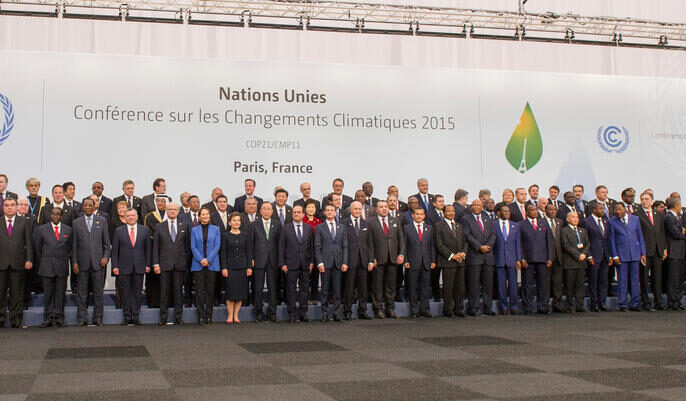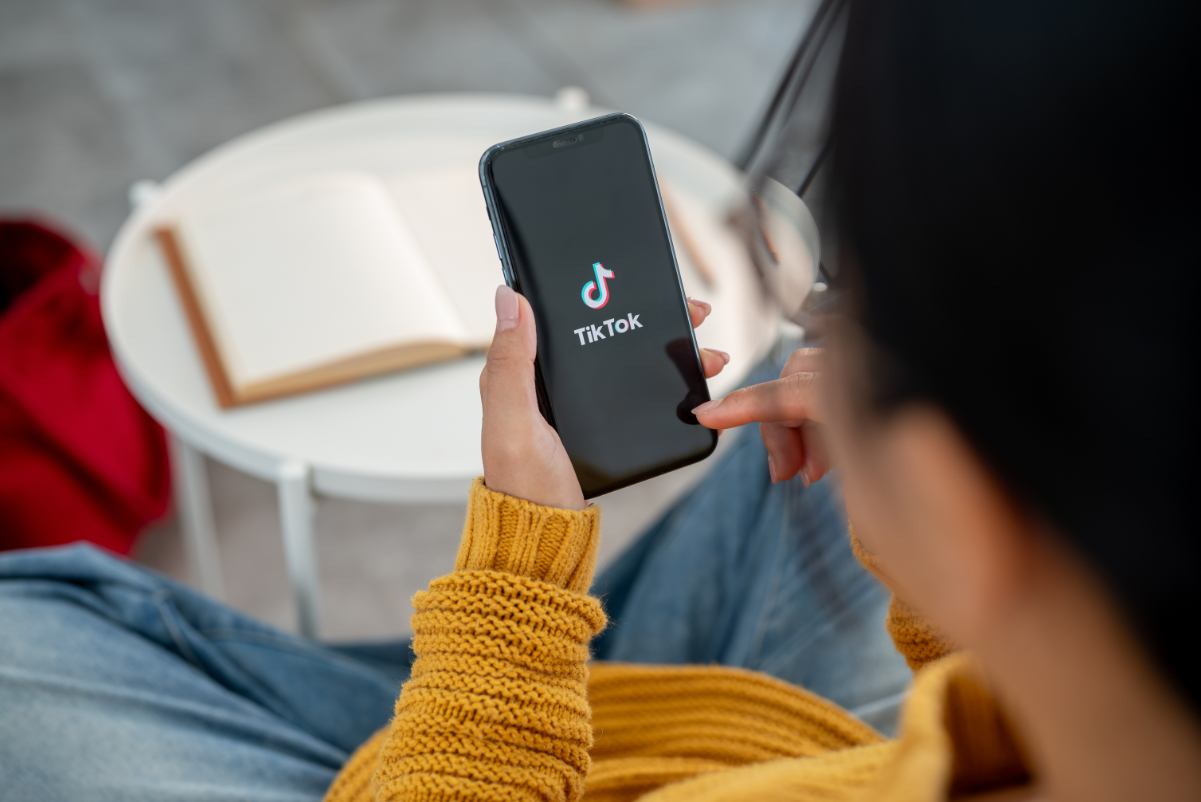New Insurance Policy for Airbnb Hosts Reveals Cracks in the Sharing Economy

Skift Take
Earlier this week Peers, the sharing economy lobbying organization turned sharing marketplace, announced a new insurance product for short-term rental hosts.
For $36 a month Peers Homesharing Liability Insurance promises up to $1 million in coverage beyond any existing homeowners policy or renters insurance an Airbnb or HomeAway host may have. The policy is not limited to any one sharing or vacation rental company, but it is only available to hosts in the United States.
Unlike Airbnb's earlier "Host Guarantee" program, this is an actual insurance product that hosts purchase to protect them from major incidents like slip and fall lawsuits, bodily harm, or massive theft. Beyond this program, Airbnb in October announced a secondary insurance product in that is free for hosts and in some cases offers coverage up to $2 million. HomeAway has its own Carefree Rental Guarantee that covers problems a guest may encounter.
But there is a very large sector of the sharing economy hosting community that falls through the cracks -- hosts that don't own the place they're renting out.
While many of HomeAway and other vacation rental hosts are owners of the places they list, hosts in Airbnb's most popular markets are often renters who are almost always in violation of their lease when they host visitors.
"The policy does not cover breach of contract," says Kenneth F. Porter of Porter & Curtis, LLC, which helps Peers administer the insurance program.
This lapse is not mentioned in the FAQ on the site, and required an email to the provider to learn.
The insurance will work, though, if the host is not violating a lease but is violating short-term housing laws in cities such as San Francisco. "The policy remains valid even if there is a violation of the San Francisco law regulating rental days," Porter tells Skift.
Although Airbnb notified Skift that the original version of this story omitted mention of its free insurance product, it would not answer questions about whether it provided coverage for people violating contracts with landlords or condo association rules. It also declined to answer this question when the product was originally released.
A New Kind of Insurance
Hosts who list a place they do not own on an Airbnb or HomeAway are still left with little recourse when things go very wrong. Most existing insurance policies don't offer the flexibility to protect people involved in the sharing economy, primarily because the activities they're engaged in can straddle the line between personal use and commercial activity.
The repercussions can trickle down to owners and landlords that aren't even aware the activity is going on. "Insurance generally doesn’t cover commercial activity in residential properties," says Dale Carlson, a spokesman for the San Francisco branch of the Share Better organization. "San Francisco landlords have had coverage yanked when their insurers discover Airbnb listings in their buildings, even when the landlord has no clue that’s been going on."
Owing to the complex relationship between renter, landlord, owner, guest, or condo or co-op board, homesharing has proved to be the most tricky of the sharing economy industries to fully insure. In comparison, most car-sharing companies don't allow providers to use leased cars, so the insurance policies are simpler to administer. Even bike-share company Splinster provides insurance.
But that doesn't mean there isn't an opportunity for insurance companies to innovate.
"Niche insurance products is a growing part of insurance industry for years: Very narrow, very specific products for very specific risks," says Jeanne M. Salvatore, the Chief Communications Officer of the Insurance Information Institute. "If the sharing economy grows, it’s likely that insurance providers will create plans to cover all of these risks."
Editor's Note: this article was updated with information about Airbnb's secondary insurance product.





